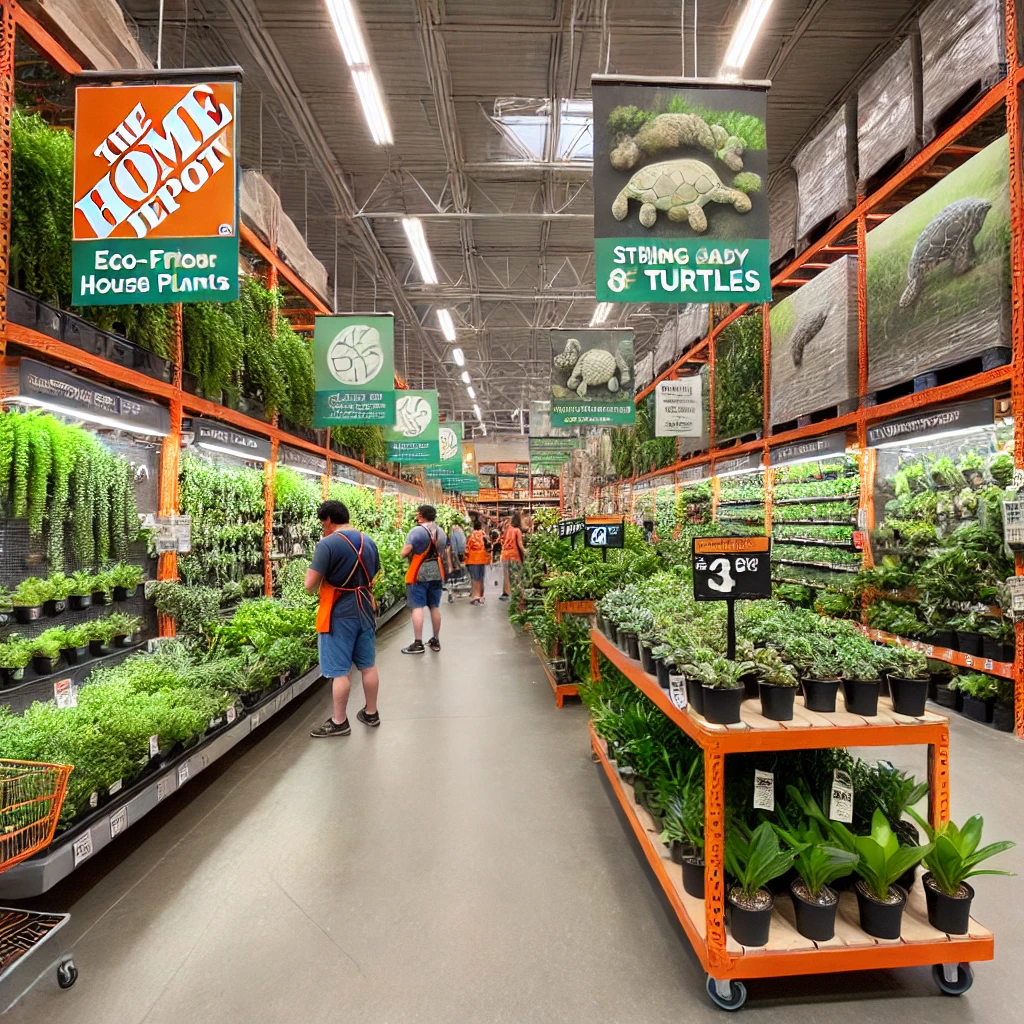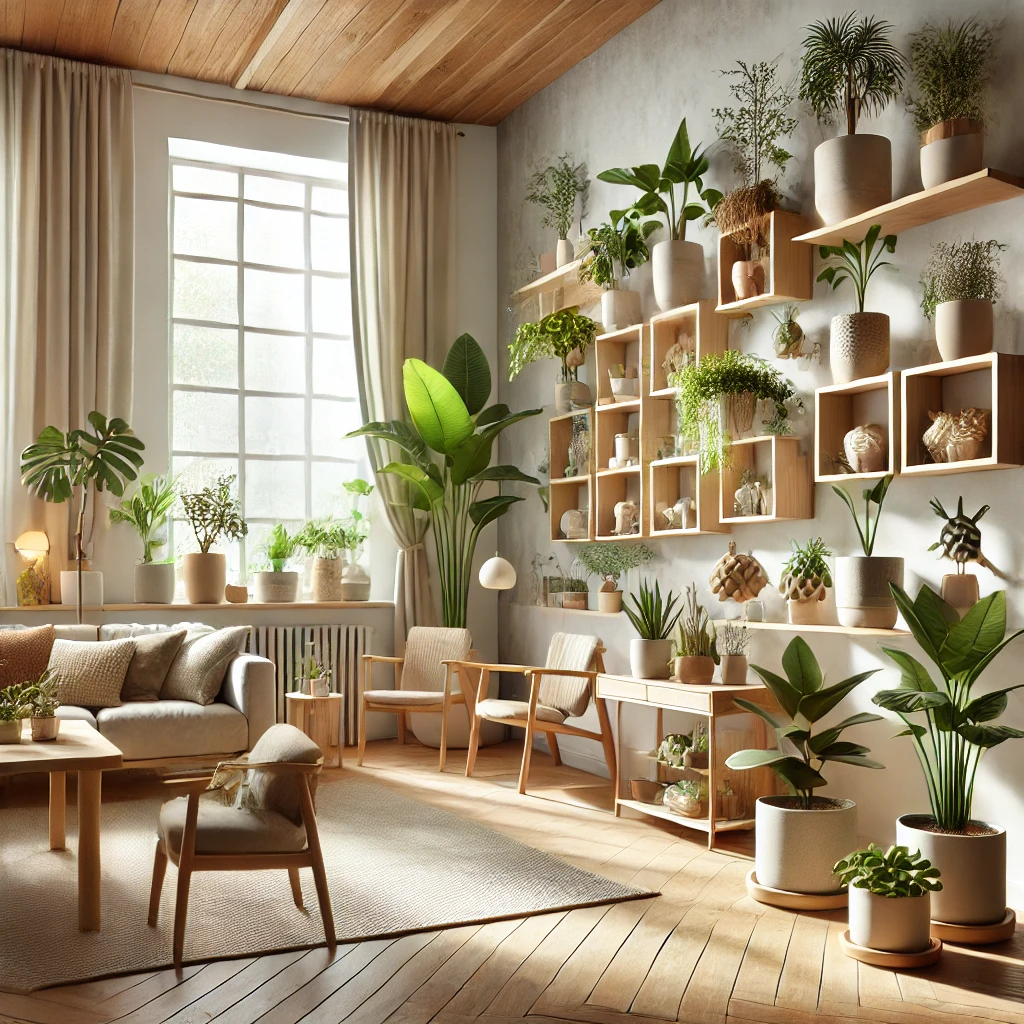The String of Turtles at Home Depot: Exploring the Emergence of an Eco-Friendly Lifestyle Trend and its Commercial Phenomenon

In recent years, the "String of Turtles" plant has gained widespread attention globally, especially in the U.S. retail market, it has become a hot topic associated with eco-conscious living, home decor, and personalized lifestyle choices. Un traditional houseplants, the String of Turtles has become a symbol of the growing trend toward home greenery due to its unique appearance and adaptability. This phenomenon is not just a reflection of modern peoples longing for nature but also mirrors the increasing demand for eco-sustainable living and individualized home design. This article will explore the rise of this trend, analyze the cultural and commercial dynamics behind it, and examine how retailers Home Depot have leveraged this trend to enhance their market strategies.
String of Turtles: Unique Appeal and Environmental Significance
The String of Turtles (scientific name: Peperomia prostrata) is a small, ornamental plant native to the tropical regions of South America, particularly Brazil. Its name comes from the distinctive shape of its small, rounded leaves, which are arranged in a manner that resembles little turtles lined up in rows. Its unique appearance has made it a favorite in home decor, and its easy care and resilience have attracted urban dwellers with busy lifestyles.
What sets the String of Turtles apart from many other plants is its function beyond mere decoration—its a symbol of the eco-friendly lifestyle. As an air-purifying plant, it helps absorb harmful substances such as formaldehyde and benzene, improving indoor air quality while enhancing oxygen levels. In a world environmental consciousness is on the rise, many consumers are opting for plants that not only beautify their spaces but also offer ecological benefits. String of Turtles perfectly meets this demand, becoming an increasingly popular choice in homes and offices a.
Cultural Context and Consumer Psychology
The popularity of String of Turtles is not a random occurrence; it is part of the larger cultural shift towards environmentalism. With the growing urgency of climate change and environmental degradation, more and more consumers are placing value on sustainability and eco-consciousness in their daily lives. Particularly among Generation Z and Millennials, there is a strong preference for sustainable living, with a willingness to pay extra for eco-friendly and natural lifestyle choices. Houseplants, including the String of Turtles, represent not only a desire for nature but also a deep concern for environmental sustainability in living spaces.
According to the 2019 American Garden Report, approximately 60% of households grow at least one indoor plant, with younger generations leading this trend. This reflects not only a desire to reconnect with nature but also a heightened awareness of the quality of living environments. As a representative species, String of Turtles caters to this psychological need for both aesthetic appeal and environmental mindfulness.
Retailers Home Depot have capitalized on this cultural shift, aligning their offerings with consumers changing lifestyles. By tapping the growing interest in eco-friendly and personalized home decor, Home Depot and similar companies have used plants String of Turtles to appeal to this evolving consumer mindset.
Home Depot: Seizing the "Green" Business Opportunity
As one of the worlds leading home improvement retailers, Home Depot has become a key player in the growing home greenery trend. In recent years, the company has increasingly emphasized eco-friendly and sustainable product offerings, with plants the String of Turtles standing as a prime example of this strategic focus. In both their online and physical stores, plant gardening sections have become areas of high consumer interest, and the variety of plants available continues to expand to meet the growing demand.
Data shows that in 2023, Home Depots garden product sales grew by around 15%, with indoor plants being particularly strong performers. The company has employed an online-offline strategy, promoting plant products and encouraging consumers to incorporate greenery their homes. For example, Home Depot has launched several online tutorials and workshops, educating consumers on how to plant, care for, and decorate with plants the String of Turtles. These educational initiatives not only enhance consumer purchase intent but also reinforce the brands image as an expert in home gardening.
In addition to educational marketing, Home Depot has strengthened its collaborations with plant suppliers to ensure product quality and a steady supply chain. Over the years, the company has sourced unique and intriguing plant varieties from around the world, with the String of Turtles being one of its popular offerings. Through these innovations, Home Depot has not only met the growing consumer demand for unique plants but has also solidified its leadership position in the home gardening market.
Market Outlook and Future Trends
On a broader scale, the sustained growth of the indoor plant market is closely tied to the rise of environmentalism and eco-conscious living. According to a report by Grand View Research, the global indoor plant market is expected to reach $30 billion by 2030. With the increasing diversification of lifestyles and consumers focus on healthy living environments, the market for plants String of Turtles has enormous potential.
However, this rapid market growth also brings about heightened competition. The challenge for businesses lies in standing out among a wide variety of plant offerings. For consumers, the uniqueness of a plant and the ease of its care are essential factors in their purchasing decisions. For retailers, combining "eco-friendly" and "personalized" in product offerings, along with innovative marketing strategies, will be key to future success.
Final Thoughts
The String of Turtles is more than just a houseplant—its a symbol of the shift toward a more eco-conscious lifestyle. It represents a growing awareness of environmental sustainability and the desire for healthier, more natural living spaces. With the support of retailers Home Depot, this plant has become an icon of green home decor and a reflection of modern consumers’ desire for both style and sustainability. As demand for such plants continues to rise, it’s clear that the home gardening market will continue to flourish, offering innovative and environmentally friendly choices for consumers.
In this green wave, the success of Home Depot highlights how retailers must accurately capture the changing demands of their customers and adjust their product offerings and marketing strategies to remain competitive in an ever-evolving market.
